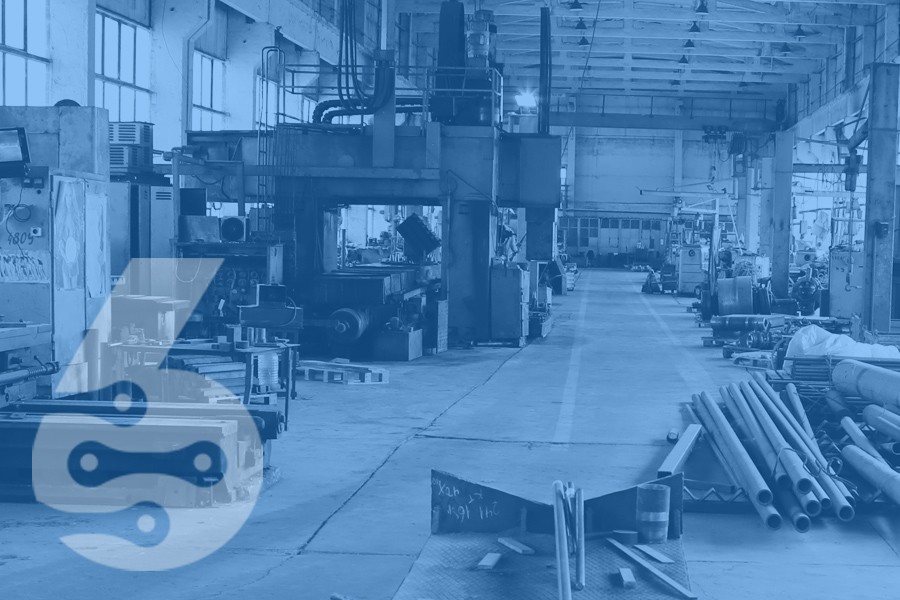A work order is an authorization to produce a defined quantity of an item by a specific date. Work orders are typically used in manufacturing and other production-based businesses. In a manufacturing setting, a work order usually includes information about the particular product to be produced and the quantity, date, and further relevant details.
Work orders can be created manually or generated automatically based on sales orders or other customer requests. Work orders may sometimes be created based on predefined schedules or plans. Once a work order is made, it is typically assigned to specific employees or teams responsible for completing the work.
Work order management is a critical part of any business that relies on production or manufacturing.

Related Blog Articles

Managing the Manufacturing Process in ERPs
Enterprise Resource Planning (ERP) systems are integrated software solutions that help businesses manage the vital components of their operations, including product development, Manufacturing, supply chain, shipping and logistics, customer relationship management (CRM), and finance. An ERP system consolidates all of these business functions into a single, comprehensive software solution that can be accessed by authorized users from anywhere in the organization. This centralized access to information and data allows businesses to...
MTO and MTS in Manufacturing
In manufacturing there are two core ways to plan and run production. The first is Make-to-Order (MTO). The second is Make-to-Stock (MTS). They are not enemies. They are tools for different situations. Some companies lean mostly on one model. Most successful companies combine both and switch between them as demand changes. In many cases parts of a product are made for stock, while the final steps are finished only after...
Warehouse management systems (WMS) explained – Managing modern businesses.
Warehouse operations are at the heart of many businesses, enabling the smooth and efficient flow of goods to customers. However, managing inventory, orders, shipping, and personnel in one or more warehouses is an enormously complex undertaking. Errors and inefficiencies in warehouse management can lead to product shortages, delayed shipments, and deteriorating customer service. At this point, a robust warehouse management system (WMS) is essential. A WMS is software that helps control...Want to see SIX for yourself?
Need help, have questions or want to get a free demo?
Please read our Privacy Policy on how we process personal data. We will never share your data!



